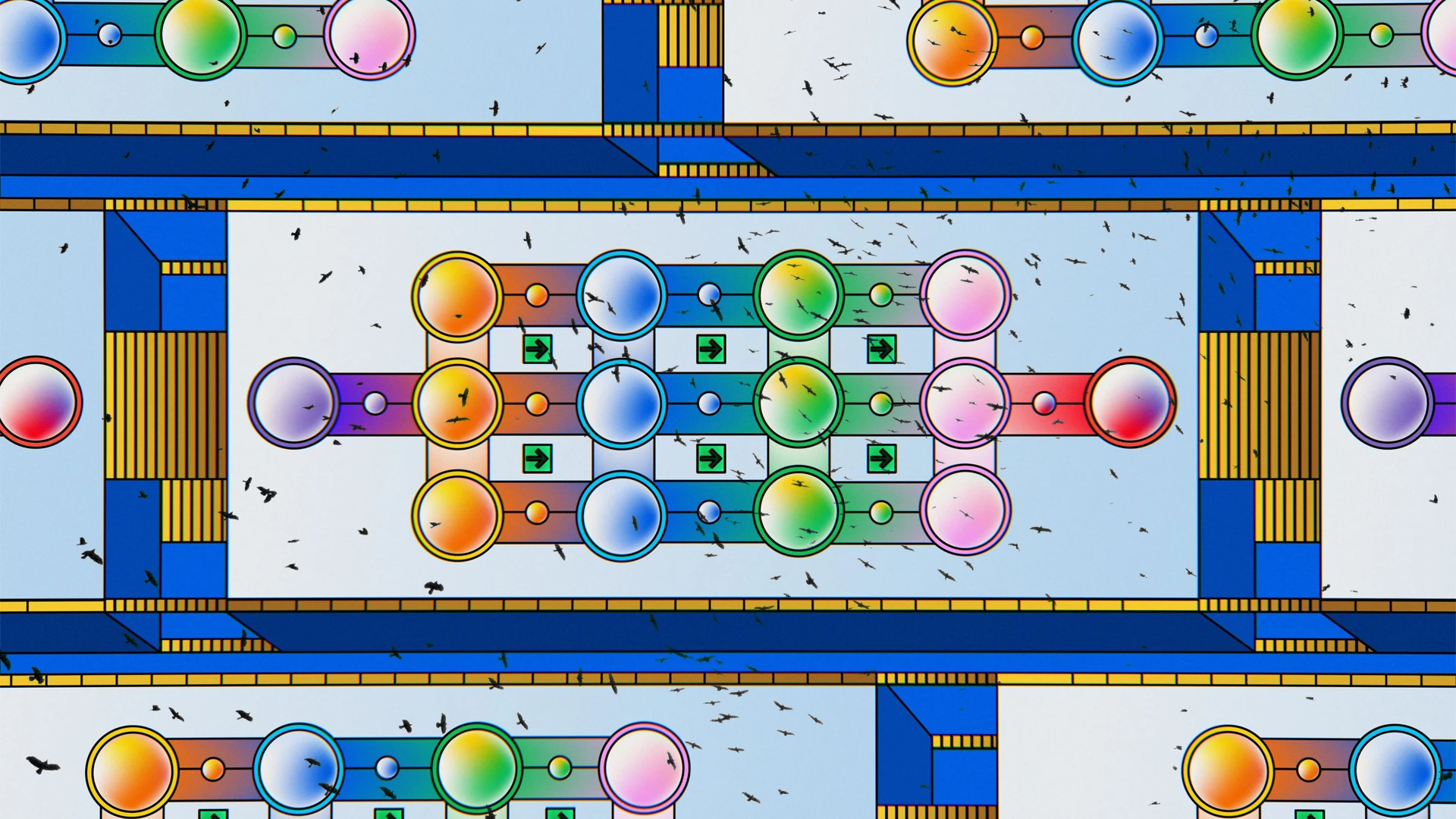Question 1. In physics, what does the term quantum most precisely describe?
A) The smallest possible packet of a physical property, such as energy or momentum
B) Any indivisible particle smaller than an atom
C) A fixed unit of space-time curvature
D) A minimal binary unit used in quantum computers
Question 2. Which best defines quantum mechanics?
A) The engineering of nanoscale machines based on atomic parts
B) The theoretical framework describing phenomena at atomic and subatomic scales, where probability amplitudes govern outcomes
C) The exclusive study of quantum computers and their algorithms
D) A method to bridge relativity and classical mechanics
Question 3. What distinguishes a qubit from a classical bit?
A) A qubit is simultaneously 0 and 1 at the same time, with equal probability
B) A qubit can exist in a superposition of 0 and 1, with probabilities determined by complex amplitudes
C) A qubit is a mini-particle stored inside a vacuum tube
D) A qubit is a probabilistic version of a random bit in classical computing
Question 4. Why is qubit state stability (or coherence) such a central challenge?
A) Qubits interact too weakly with external systems, making them hard to measure
B) Qubits rapidly lose superposition and entanglement due to environmental noise and decoherence
C) Qubits require extremely high temperatures to remain stable
D) Qubits only work with photons and thus are hardware-limited
Question 5. What is a logical qubit in quantum error correction?
A) A theoretical qubit used to model perfect quantum states
B) A single qubit in a vacuum shielded from all external noise
C) A collective encoding of many physical qubits to represent one error-corrected, fault-tolerant unit of quantum information
D) A hybrid classical-quantum bit used for intermediate computation
Question 6. How do logical qubits help stabilize quantum computation?
A) By distributing qubit states across many quantum processors at once
B) By combining hundreds or thousands of physical qubits to encode redundancies and correct errors, increasing fault tolerance
C) By dynamically switching between classical and quantum representations
D) By increasing computation speed regardless of noise
Question 7. Which industries face the most immediate risk from quantum attacks on public-key cryptography?
A) Fashion, music, and sports
B) Banking and finance, healthcare records, defense and intelligence, and global communications
C) Energy production and agriculture
D) Transportation and tourism
Question 8. Why is migration to post-quantum cryptography considered urgent and complex?
A) Because only specialized quantum hardware can handle new encryption methods
B) Because virtually all current digital infrastructure — hardware chips, operating systems, software libraries, and online services — relies on public-key cryptography vulnerable to quantum algorithms
C) Because post-quantum cryptography offers faster transaction speeds in blockchain
D) Because it eliminates the need for private keys altogether
Correct Answers ✅
1 → A
2 → B
3 → B
4 → B
5 → C
6 → B
7 → B
8 → B





